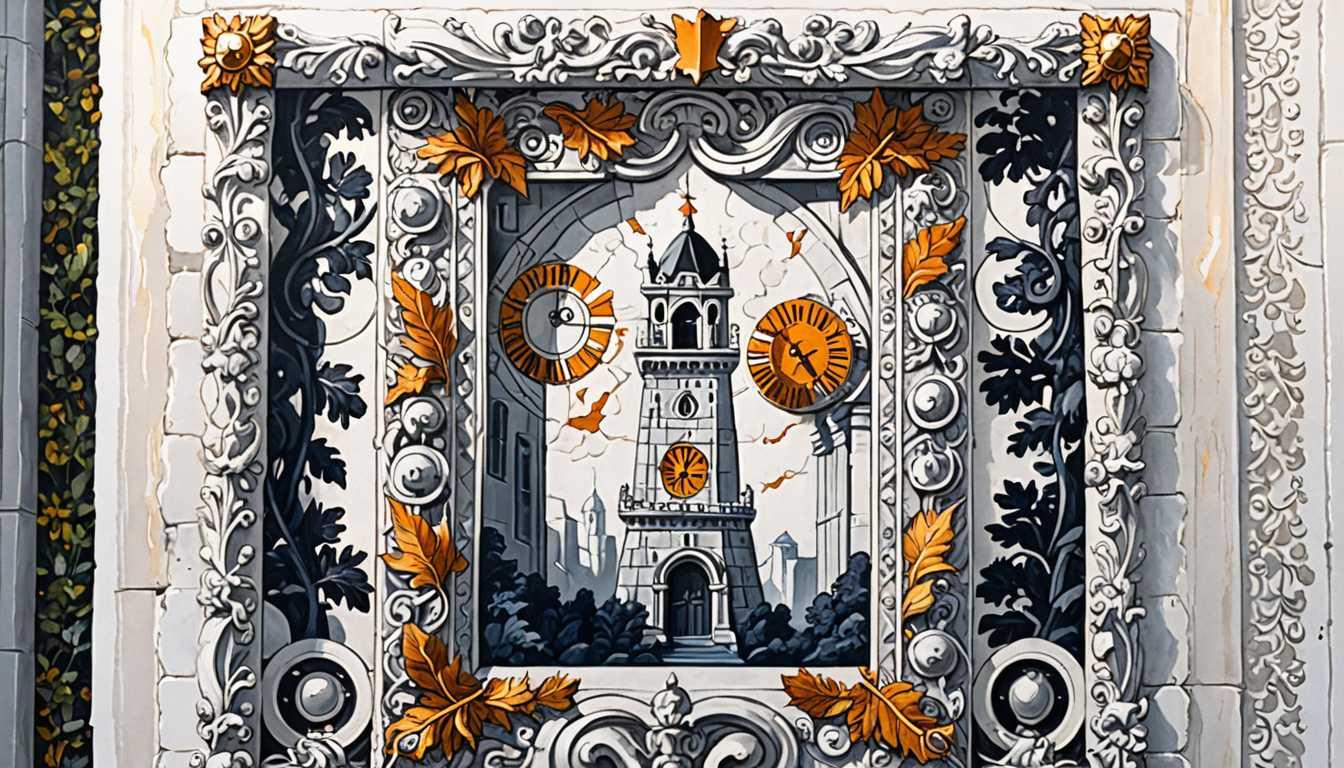Genius Myth: A Destructive Legacy
June 2023
JSTOR Daily
Introduction
Dive into the captivating world of The Destructive Myth of the Universal Genius on JSTOR Daily, where history meets myth-busting! Discover how the Renaissance's adoration for figures like Leonardo da Vinci birthed the idea of a 'universal genius'—a concept that has shaped, and sometimes warped, our understanding of brilliance. This article takes you on a journey from the Italian Renaissance to modern-day business moguls, revealing the dark side of putting geniuses on a pedestal. Spoiler alert: it's not all about divine inspiration!
READ FULL ARTICLEWhy It Matters
Discover how this topic shapes your world and future
Unraveling the Genius Myth
Imagine a world where a single person's brilliance solves all our problems – sounds like a superhero movie, right? The myth of the universal genius, a concept that has fascinated societies for centuries, suggests just that. But here's the twist: this idea isn't just about celebrating extraordinary talent; it has shaped history, culture, and even politics in ways you might not expect. From Leonardo da Vinci to modern-day leaders and innovators, the universal genius myth tells us that some people are born with an innate, god-given brilliance that allows them to excel in any field they touch. This concept might sound appealing, but it has a dark side, contributing to inequality, reinforcing stereotypes, and even justifying imperialism and brutality under the guise of exceptionalism. Understanding this myth helps us see the importance of recognizing diverse talents and the dangers of placing unrealistic expectations on individuals, no matter how gifted they may seem.
Speak like a Scholar
Polymathy
The knowledge of a wide range of subjects. Imagine being a jack-of-all-trades but at a genius level.
Renaissance Humanism
A focus on the study of classical antiquity during the Renaissance, emphasizing human values and capabilities.
Phrenology
An outdated and debunked theory that the shape of one’s skull could determine personality traits and intelligence.
Charismatic Leadership
A leadership style that inspires followers through charm and appeal, often linked to individuals considered to be universal geniuses.
Empirical
Based on observation or experience rather than theory or pure logic. For example, testing a hypothesis through experiments.
Innate
A quality or ability that you are born with, not one that you have learned or acquired over time.
Independent Research Ideas
The Impact of the Genius Myth on Modern Education
Investigate how the expectation of innate brilliance affects students' learning approaches, self-esteem, and academic performance.
Renaissance Humanism and Its Influence on Contemporary Human Rights
Explore how the principles of Renaissance humanism can be traced in today's human rights movements, highlighting the evolution of human-centric values.
The Role of Polymathy in Innovation
Analyze how being knowledgeable in various fields can lead to groundbreaking innovations, using historical and contemporary examples.
The Psychological Effects of Labeling Leaders as 'Geniuses'
Examine how the perception of leaders as geniuses impacts their decision-making processes and the expectations of their followers.
Debunking Phrenology - A Historical Perspective
Dive into the history of phrenology to understand how and why this pseudoscience was debunked, and its implications on the understanding of human intelligence.
Related Articles

The Curious Case of the Ivory Tower
January 2025
JSTOR Daily

Euripides Rediscovered: Lost Scenes Unearthed!
October 2024
Harvard Gazette

Edible Masterpieces: A Delicious Art History
January 2017
Smithsonian Magazine

Baguette: A Slice of Heritage
November 2022
BBC

Little Dancer: From Outrage to Ovation
November 2014
Smithsonian Magazine